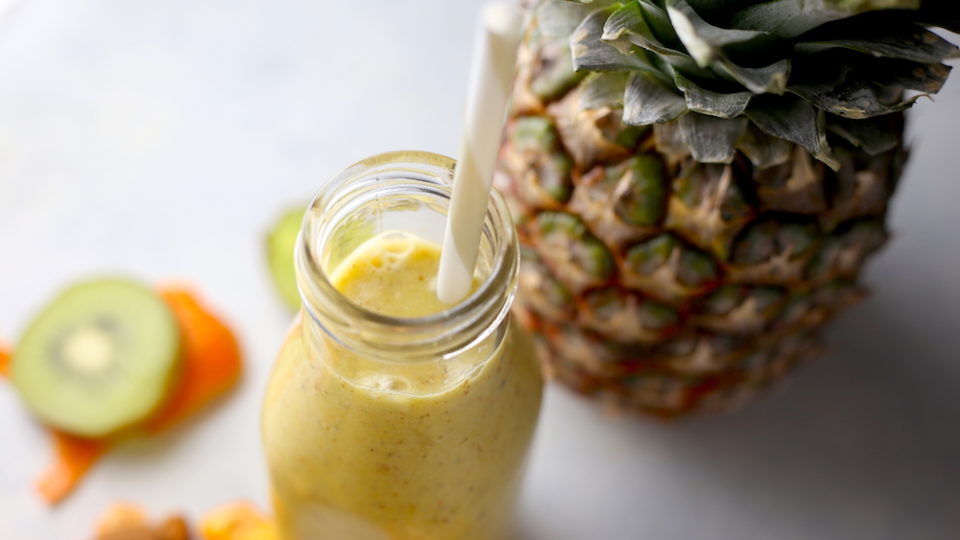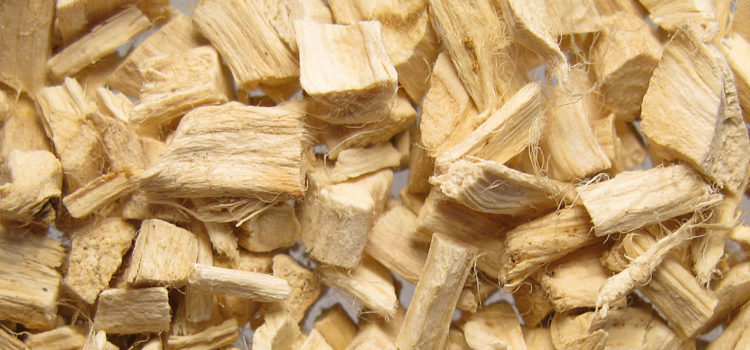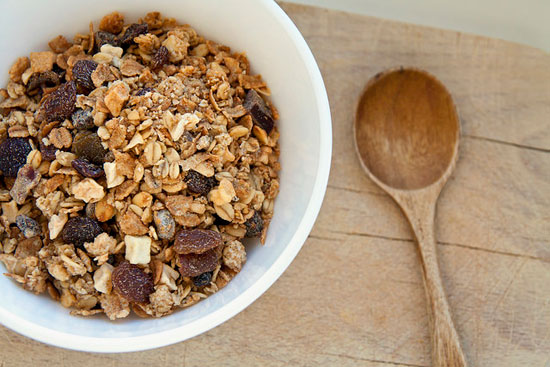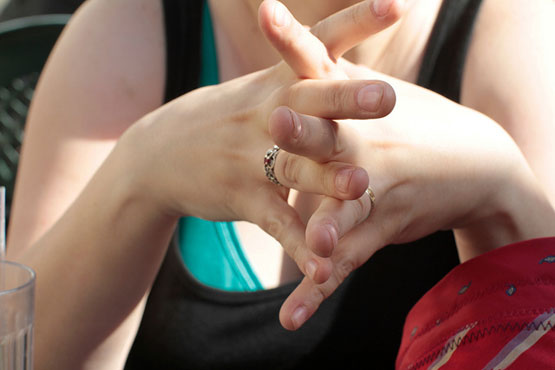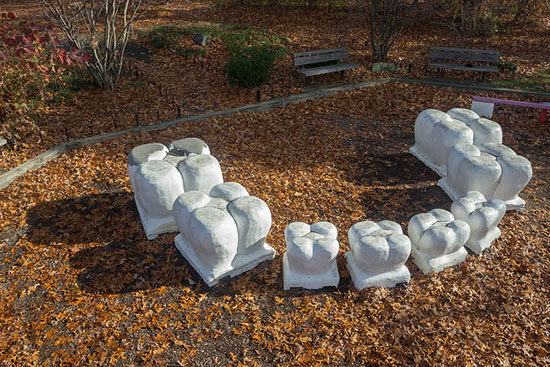Since our body is mostly water (about 70%!), it makes sense that drinking water is essential to our health. But how much water is too much water? And on that note, how much is too little? Keep reading to find out.
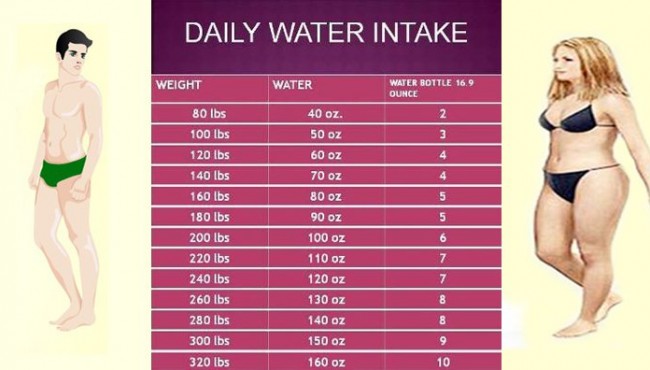
Health Benefits of Water
It’s a known fact that we can survive without eating food for weeks, but we cannot survive for more than a few days without drinking water. There’s a very good reason for that: water is essential because it flushes out toxins, regulates our temperature, carries nutrients and oxygen to the cells and creates a moist environment for the throat, nose and ear tissues.
Staying hydrated can even help with weight loss. Think about it – if you replace a highly caloric beverage (such as coke, sugar-laden coffee, root beer, etc.) with a glass of water, you’ll consume fewer calories. Plus, drinking water stops us from overeating.
How Much to Drink
How much water you should drink depends on numerous factors, some of which include:
- Your exercise routine: if you exercise regularly (which you should), then you need to drink extra water. This is because we sweat while doing physical activity, which means we need to compensate for the fluid loss.
- Your health condition: If you have bladder infections frequently or urinary tract stones frequently, you need to drink more water. Same goes if you have diarrhea or vomiting.
- Your environment: if you live in a hot or humid place, you’re losing more bodily fluids, meaning you need more water.
- Your weight: finally, your weight plays an important factor in deciding how much water you should drink. A man weighing 90 kg (198 lbs) and a woman weighing 60 kg (132 lbs) simply cannot drink the same amount of water.
General Recommendation
Most people do best sticking to the general recommendation based on body weight and age.
- If you’re 16-30 years old, multiply 30-40 ml/kg OR 0.54-0.6 fl oz/lb
- If you’re 31-54 years old, multiply 30-35 ml/kg OR 0.46-0.54 fl oz/lb
- If you’re 55-65 years old, multiply 30 ml/kg OR 0.46 fl oz/lb
- If you’re older than 65, multiply 25 ml/kg OR 0.38 fl oz/lb
An example: if you’re 35, you weigh 65 kg (143 lbs), and you don’t exercise regularly:
30ml x 65 = 1950 ml, or a bit less than 2 liters; OR
0.46 fl oz x 143 = 65.78 fl oz, or a bit over 2 quarts.


